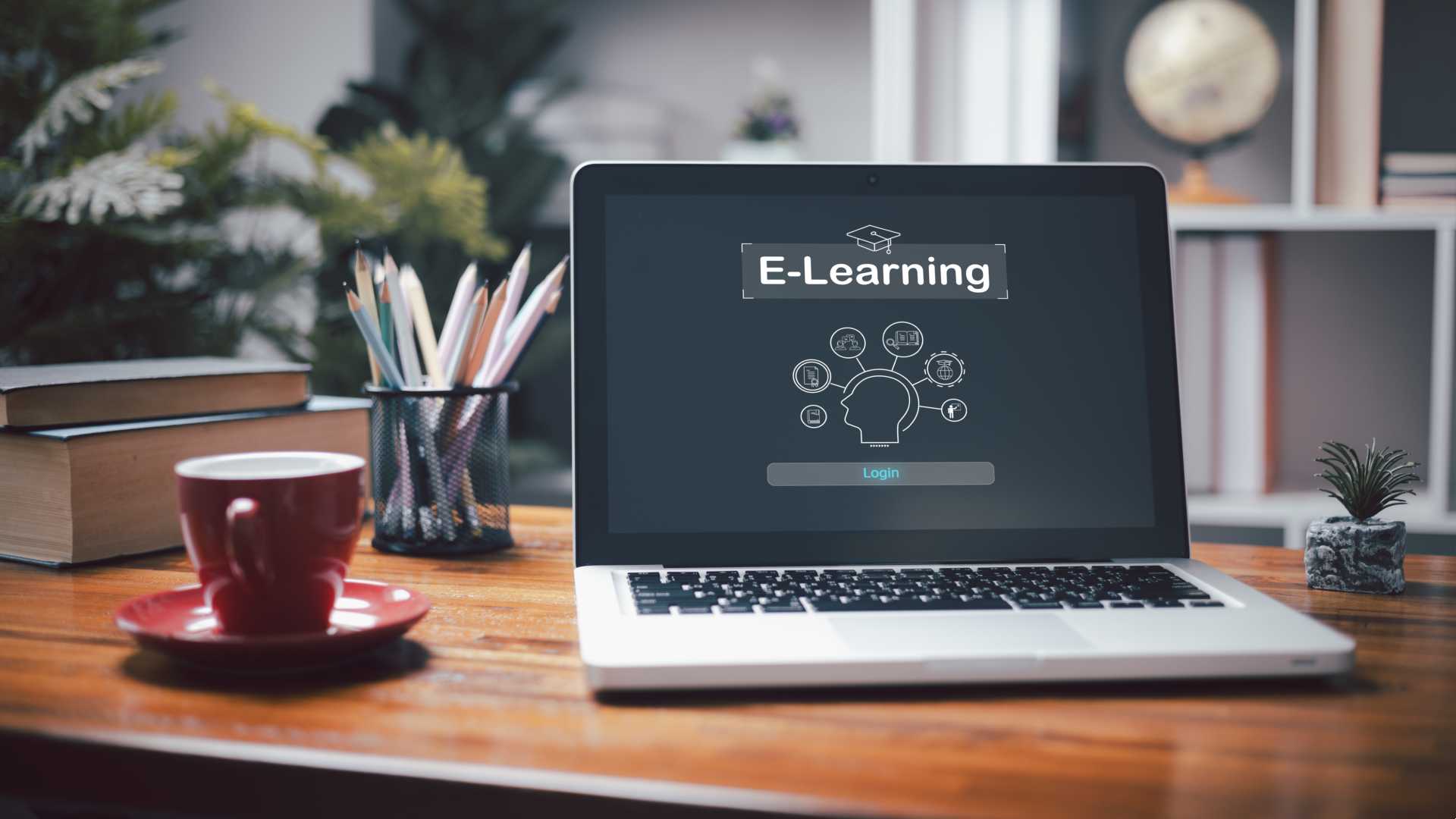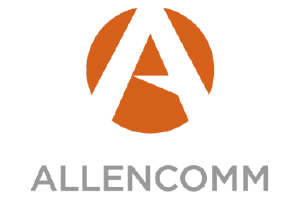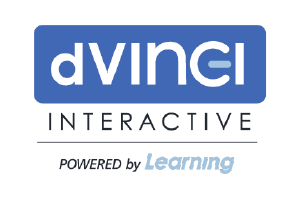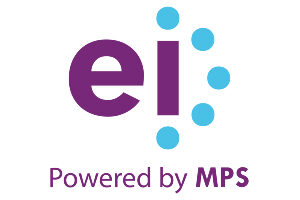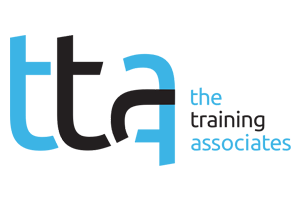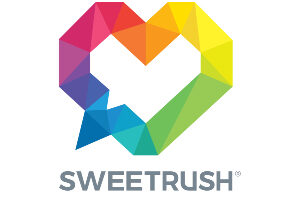In adult education, particularly within the sphere of self-paced online learning, the principle of elaboration assumes a critical role in enhancing learner engagement and comprehension. Elaboration involves enriching one’s knowledge base with additional details and connections, akin to interweaving new threads into an existing tapestry of understanding. Cognitive science posits that true comprehension emerges when learners integrate new information with their pre-existing knowledge base, crafting a more cohesive and robust framework of understanding.
Elaboration and Adult Learning: A Closer Look
Consider the typical scenario of adult learners: They engage with online learning content while juggling professional responsibilities and personal commitments. Often, they find themselves at the end of a module, having read or watched a lot but absorbed little of the material. This is precisely where elaboration becomes pivotal.
Elaboration serves as a mechanism for cognitive enrichment, promoting a deeper processing of information by establishing connections between new content and what is already known. This process may involve applying theoretical concepts to real-world scenarios, rephrasing content in one’s own words to enhance understanding or elucidating the underlying principles and methodologies of a given topic.
Practical Examples
- Relating a new management theory to one’s own professional experiences, thereby contextualizing the learning material.
- Utilizing personal anecdotes to elucidate abstract concepts, thereby making the material more relatable and understandable.
- Implementing newly acquired technical skills in a personal or professional project, thereby reinforcing learning through application.
- Condensing the essence of a complex discussion into a succinct summary, thereby distilling the core insights for easier recall and application.
What Elaboration Is Not
- Rote memorization and regurgitation of terms, definitions and facts.
- Echoing the thoughts and ideas of others without integrating personal insights or perspectives.
Incorporating Elaboration Into eLearning
Incorporating elaboration into eLearning transforms it from mere check-box activities to impactful changes in behavior and outcomes. This involves integrating content with learners’ existing worldviews, using strategies that foster connections between existing understanding and the new concepts.
Elaboration Strategies
- Interactive Exercises: These prompt learners to connect theoretical knowledge with their own experiences, making learning more relevant and memorable.
- Digital Annotation Tools: Enabling learners to actively engage with materials through notes and commentary, this feature deepens understanding by linking new information to existing knowledge.
- Discussion Forums: These spaces allow for the articulation and debate of new concepts in the learner’s own words, fostering a community of shared learning and diverse perspectives.
- Personal Reflection and Goal Setting: An emerging feature, this encourages learners to set personal learning objectives and reflect on their progress towards these goals. This reflective practice not only reinforces the learning material but also promotes self-awareness and motivation by aligning learning activities with personal and professional aspirations.
Incorporating these elements, online learning moves beyond mere content delivery to a comprehensive, interactive and rich educational journey that leverages elaboration to ensure deeper learning and lasting retention.
The Scientific Foundation of Elaboration
Elaboration’s scientific basis highlights its effectiveness in connecting new information with existing knowledge, enhancing understanding and the ability to apply concepts practically. This process, by fostering more meaningful cognitive connections, makes material more memorable and relevant across various contexts. Supported by cognitive research, elaboration deepens the integration of new and prior knowledge, proving essential for both academic and professional development. Active engagement with cognitive frameworks through elaboration is aligned with principles suggesting its critical role in effective learning.
In summary, as adult learners navigate the complexities of self-paced online education, the strategy of elaboration stands out as an essential tool for deepening learning and fostering a more meaningful engagement with course content. By encouraging learners to actively integrate new information with their existing knowledge base, elaboration not only enhances comprehension but also makes learning a more enriching and personally relevant experience.
